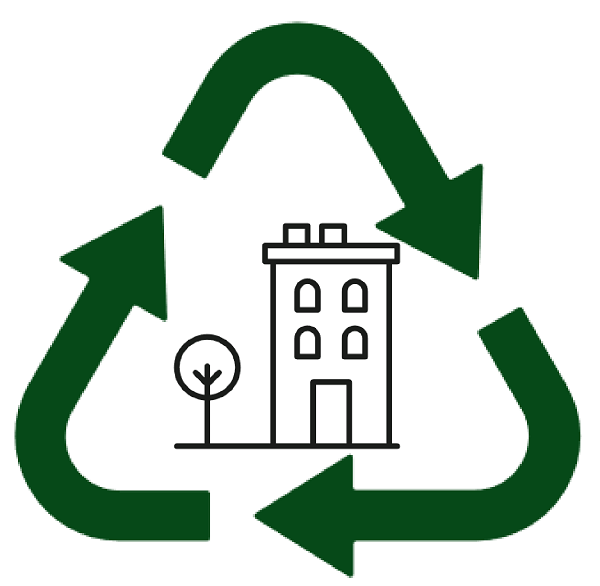Municipal governments use a number of different strategies to pay for public recycling services. These approaches can differ in who is expected to pay, the amount that is paid, and the means in which the payment system is carried out. Across North Carolina, local governments typically rely on one of two main sources of funding for recycling programs: solid waste fees and general tax revenue. I chose to look into the questions of who pays for recycling and how they pay as one of the topics of my 2018 Leaders in Environment and Finance (LEAF) fellowship program research. In particular, I studied the approach used by several communities to highlight the different strategies of paying for recycling with a particular subset of the population in mind: residents of multifamily housing.
Previous research has suggested that residents of multifamily housing may experience lower levels of access to recycling service than residents of single-family homes. Since multifamily properties are commonly treated as commercial businesses which are often ineligible to receive public recycling services, residents of multifamily housing may have a greater likelihood, depending on how the program is funded in their community, of indirectly paying into a municipal recycling program that they are ineligible to receive service from. This is especially true where recycling services are funded by a tax or fee that is universally distributed amongst residents. Two municipalities in North Carolina, Orange County and the City of Durham, were interviewed about the payment strategies that are used to finance multifamily recycling services. Continue reading





